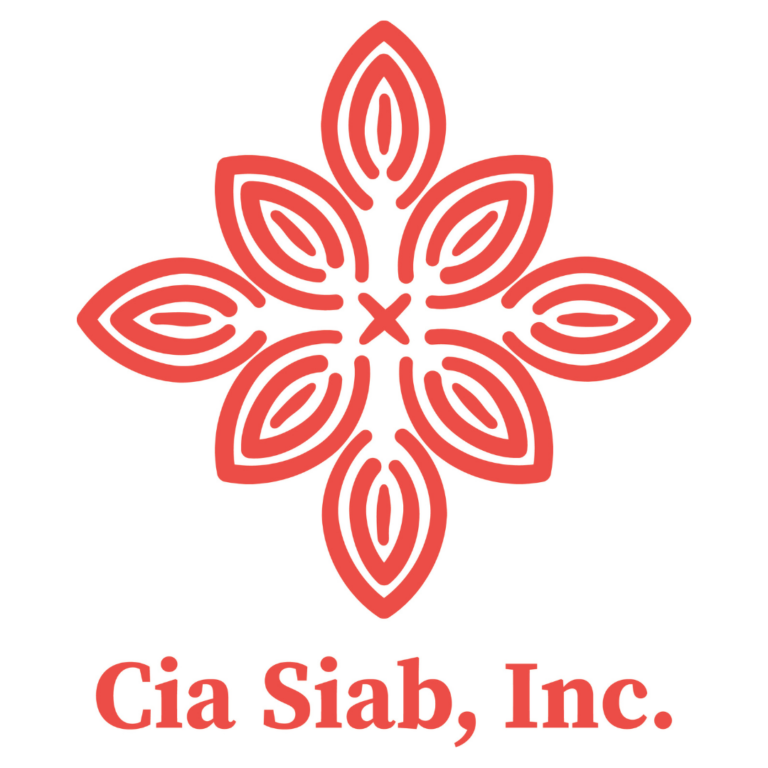Problem Gambling
Agility Grants Recipients
Agility Grants are specifically designed for non-profits to design and implement programs for their communities that seek to prevent or reduce harm on a primary level – among those who have not yet gambled; or on a secondary level – among those who have limited gambling experience.
The Agility Grants program is funded by the NFL via the NFL Foundation with additional support from FanDuel.
Agility Grants recipients
Agility Grants Recipients
Spring 2022 (Round 1)
Towson University Foundation
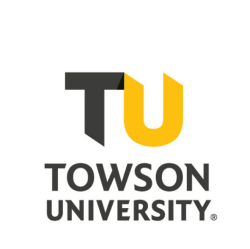
The Oklahoma Association on Problem Gambling and Gaming
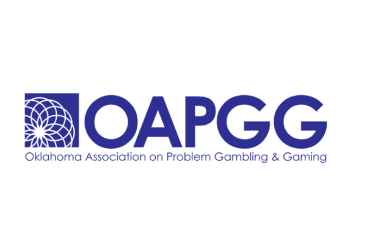
Nicasa Behavioral Health Services
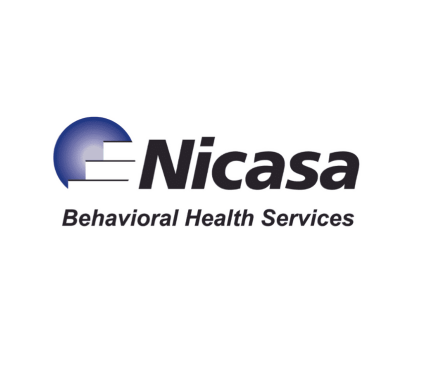
Visión y Compromiso
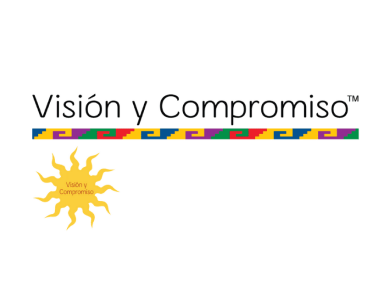
Fall 2022 (Round 2)
Freedom House of Mecklenburg
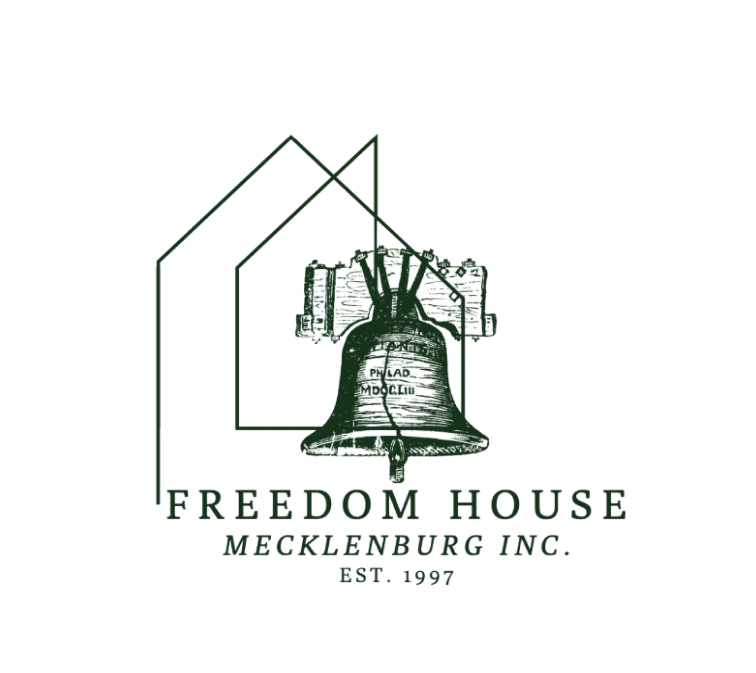
Volunteers of America Oregon

Ohio in Arabic

Spring 2023 (Round 3)
Hispanic Urban Minority Alcoholism and Drug Abuse Outreach Program
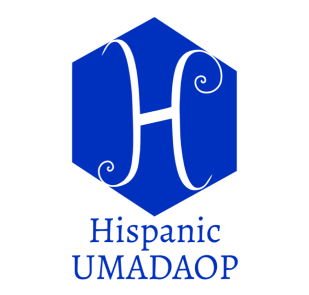
The National Alliance on Mental Illness – Maryland Chapter
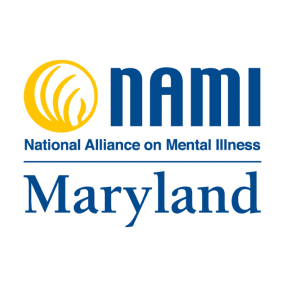
The Nevada Council on Problem Gambling
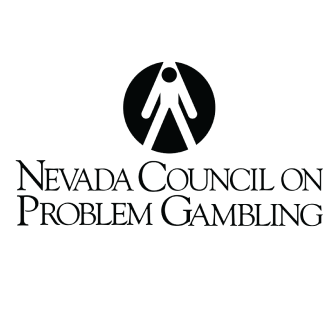
Nicasa Behavioral Health Services

Student Assistance Services
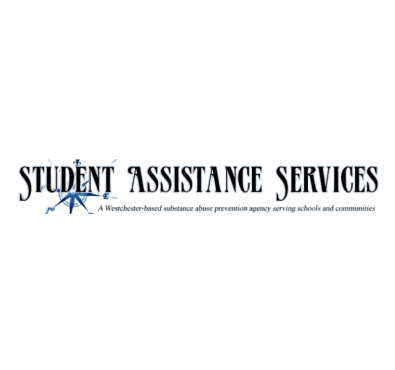
Fall 2023 (Round 4)
The Alabama Council on Compulsive Gambling
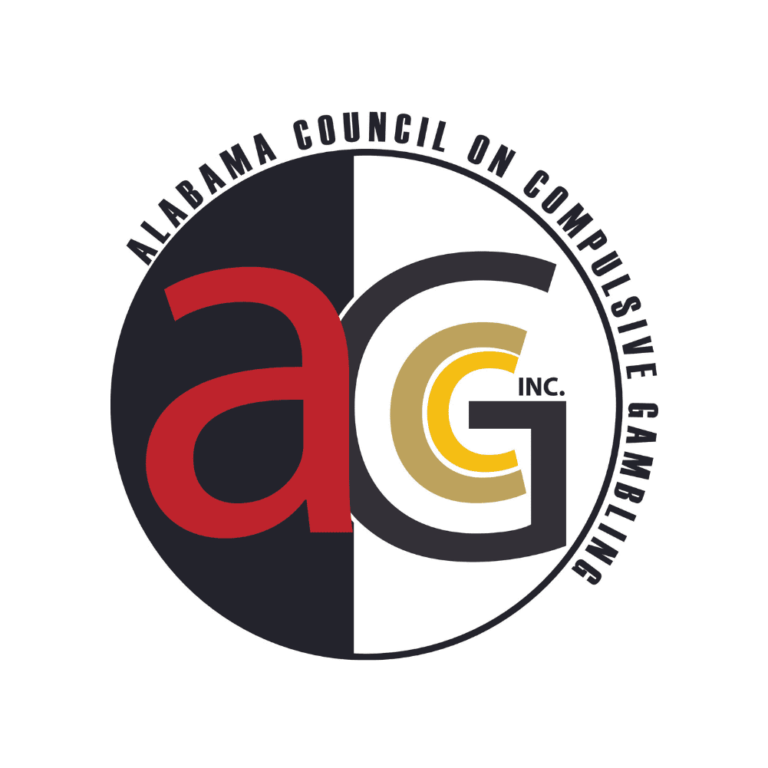
The Problem Gambling Coalition of Colorado
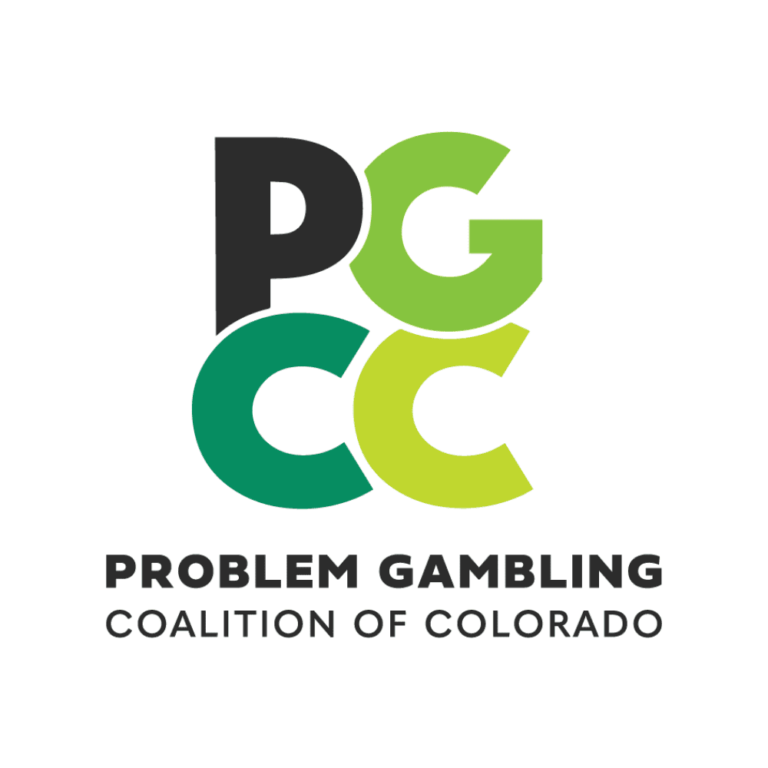
AdCare Educational Institute of Maine, Inc.
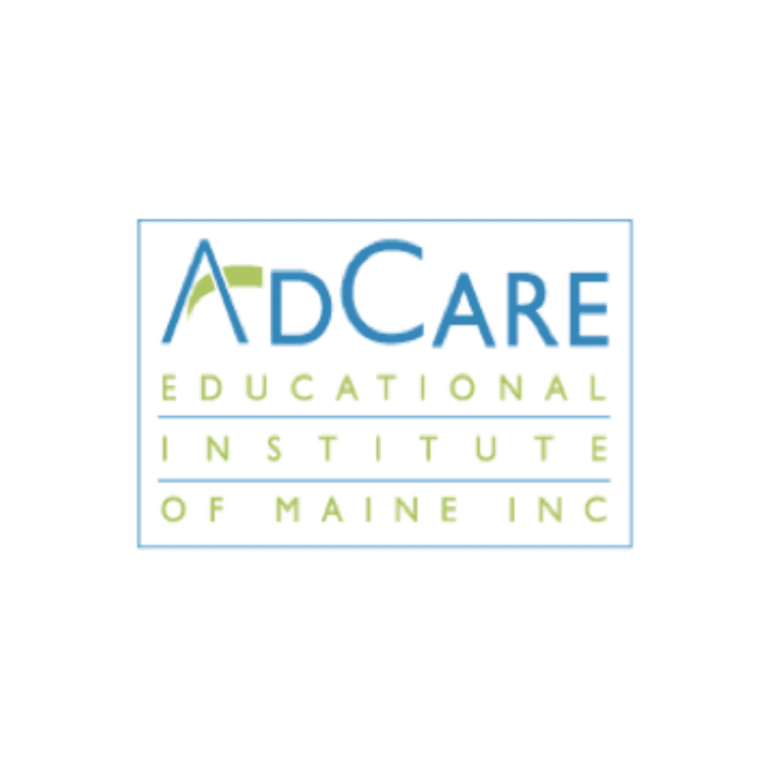
The LCADA Way
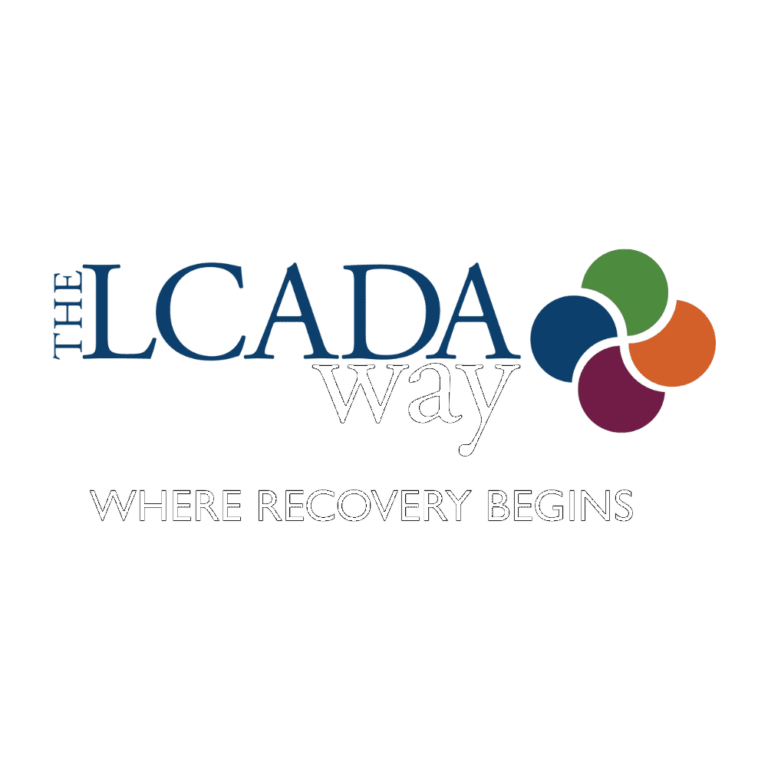
Maryland Council on Problem Gambling
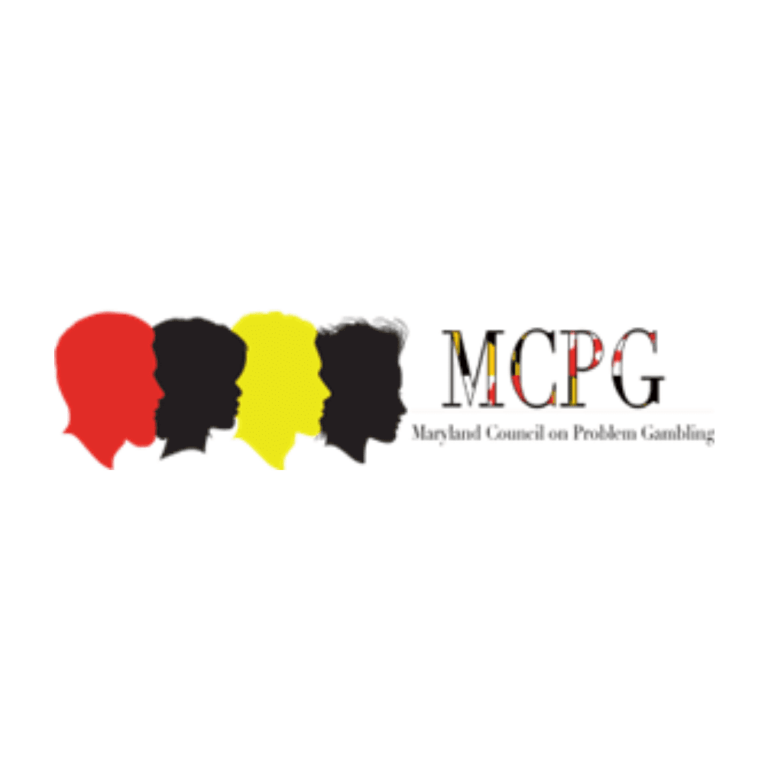
Spring 2024 (Round 5)
Cambridge Health Alliance

Cia Siab, Inc.

Perfil Latino

Evergreen Council on Problem Gambling

NICOS Chinese Health Coalition

The Ohio State University

The University of Nebraska

Volunteers of America Oregon

Zepf Center
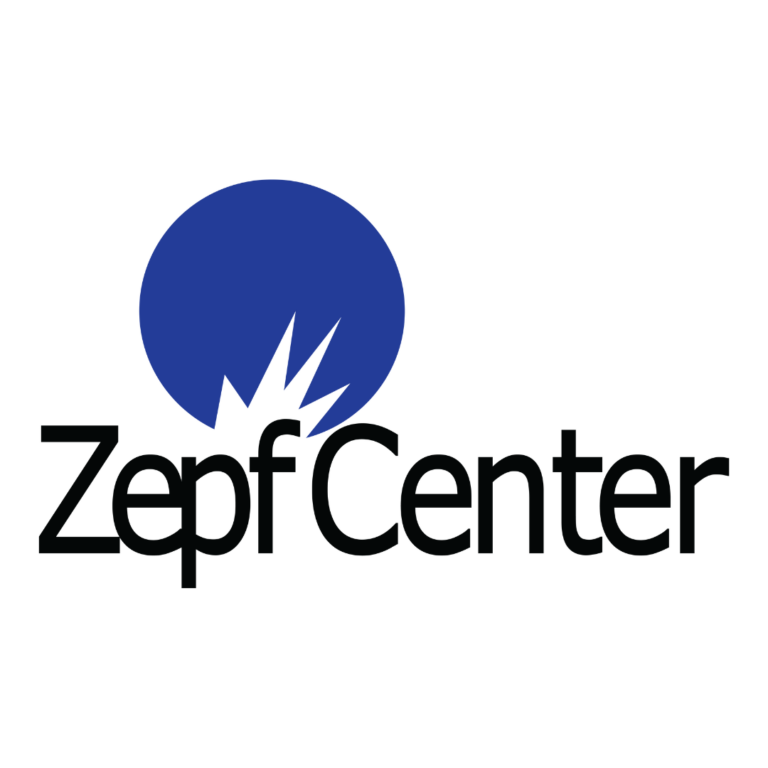
Fall 2024 (Round 6)
CADCA

East Carolina University Foundation

Envision Partnerships

Neighborhood Youth Academy

Oregon Council on Problem Gambling

Student Assistance Services

University at Albany, Center for Behavioral Health Promotion and Applied Research

Regents of the University of Michigan

Spring 2025 (Round 7)
Artreach, Inc.
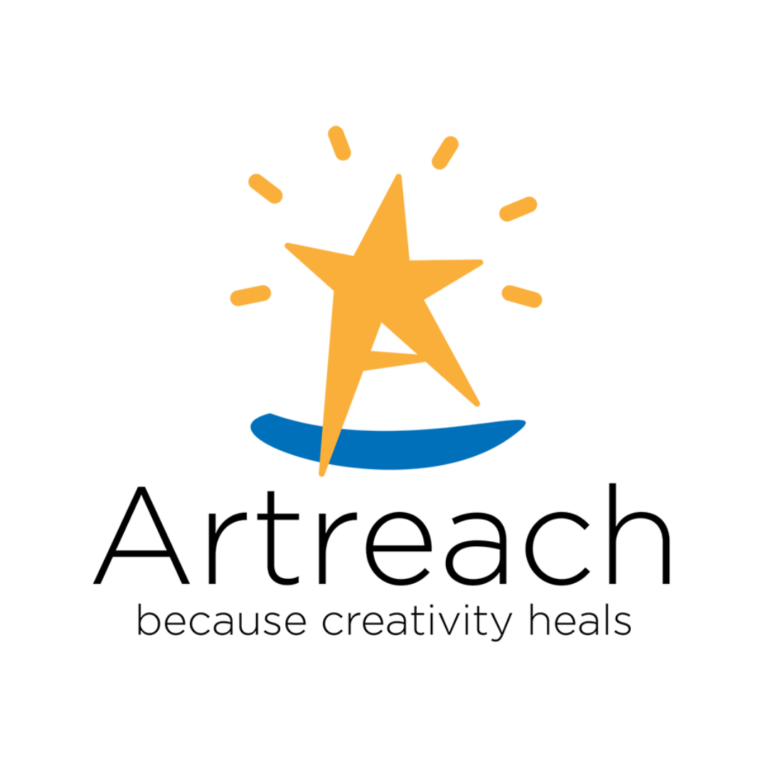
Lao Assistance Center of Minnesota
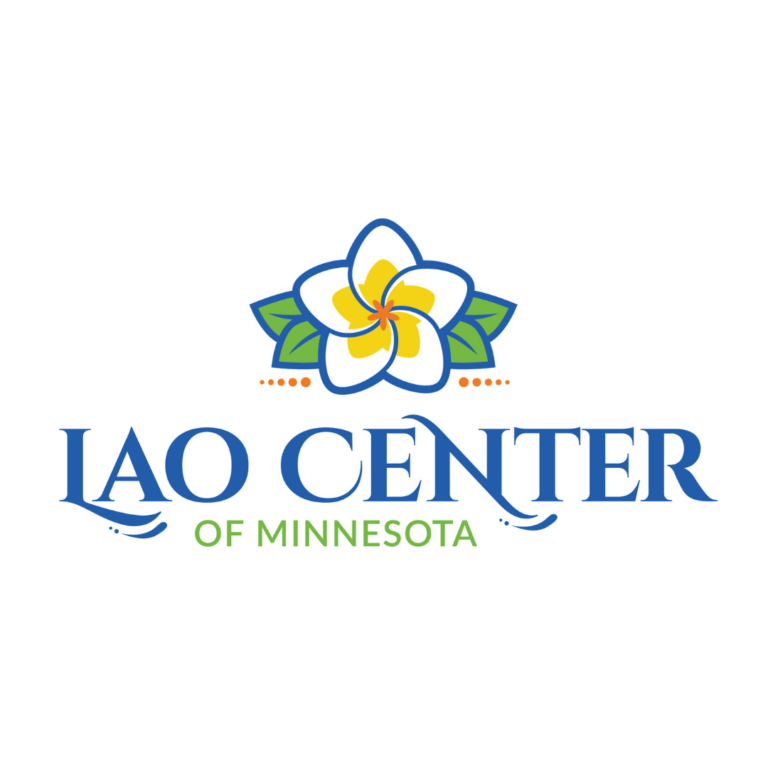
NICOS Chinese Health Coalition
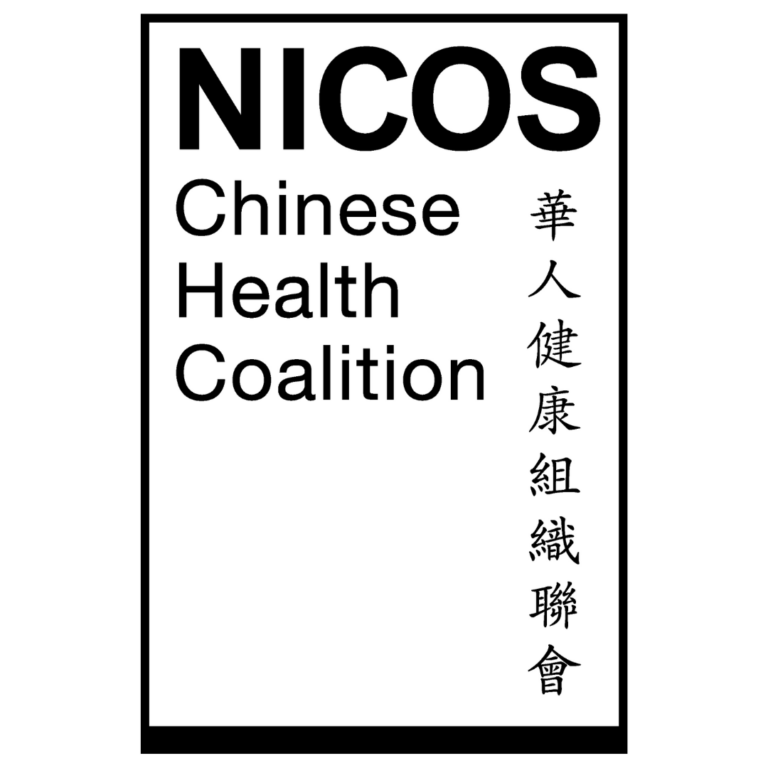
Ohio State University Foundation for the benefit of The Higher Education Center for Alcohol and Drug Misuse Prevention and Recovery
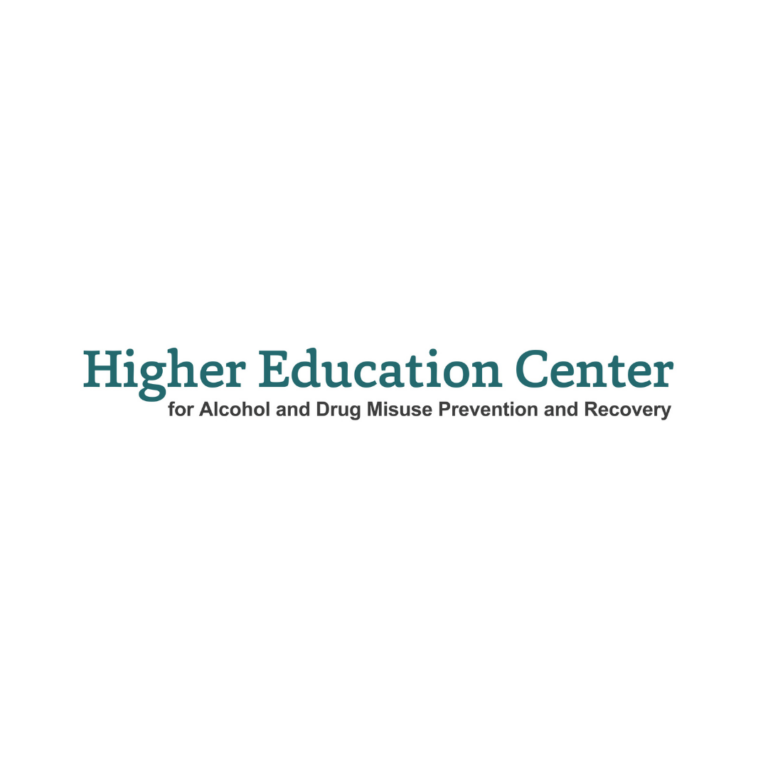
University of Nebraska
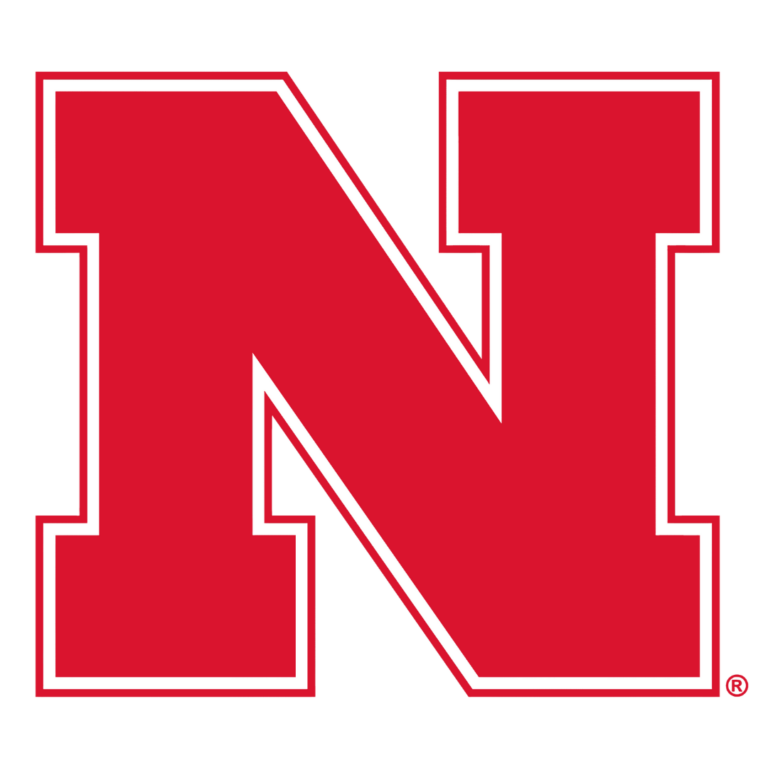
Fall 2025 (Round 8)
Boston Chinatown Neighborhood Center
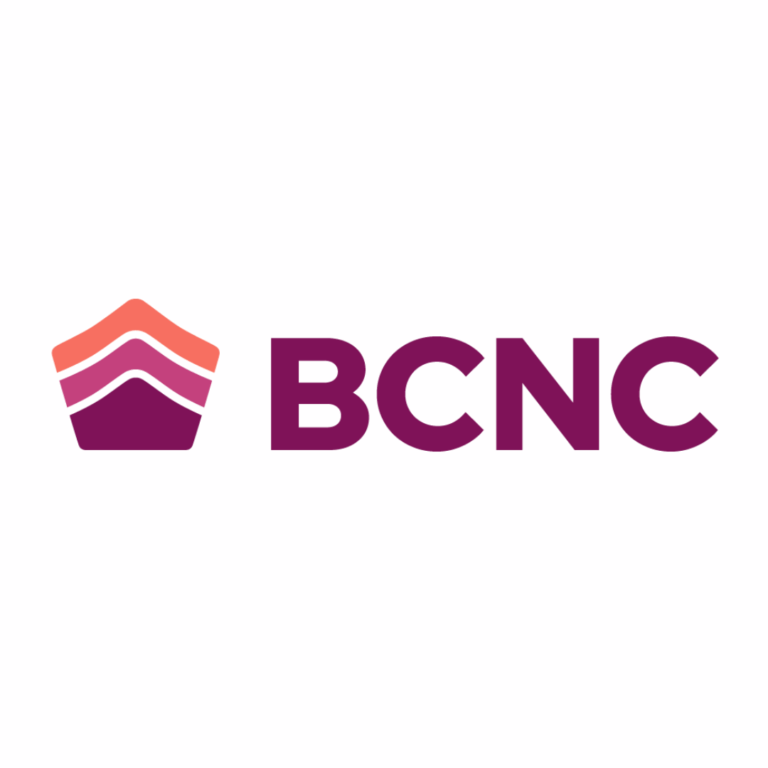
Bridgemont Health and Wellness
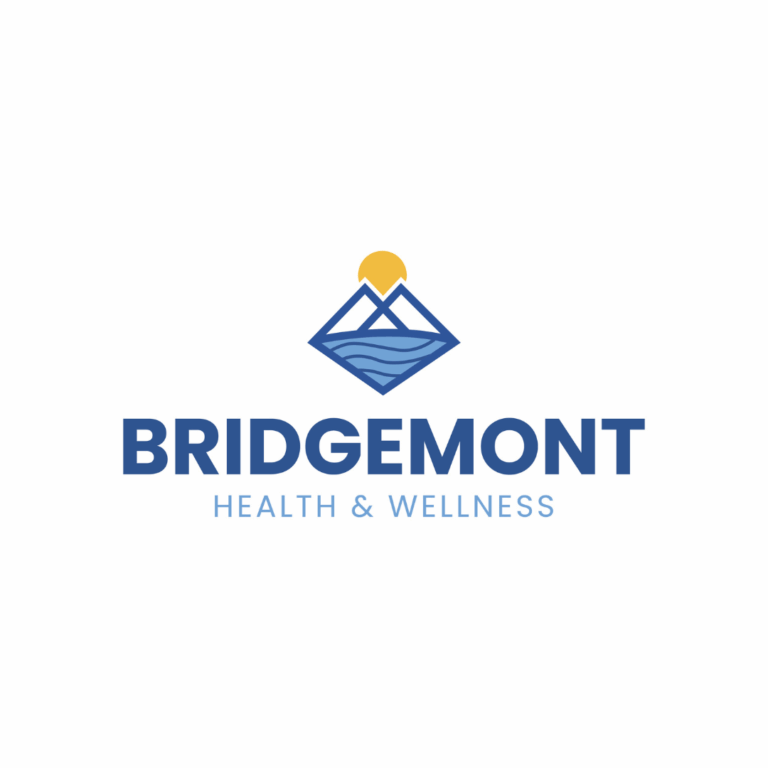
Nebraska Collegiate Prevention Alliance
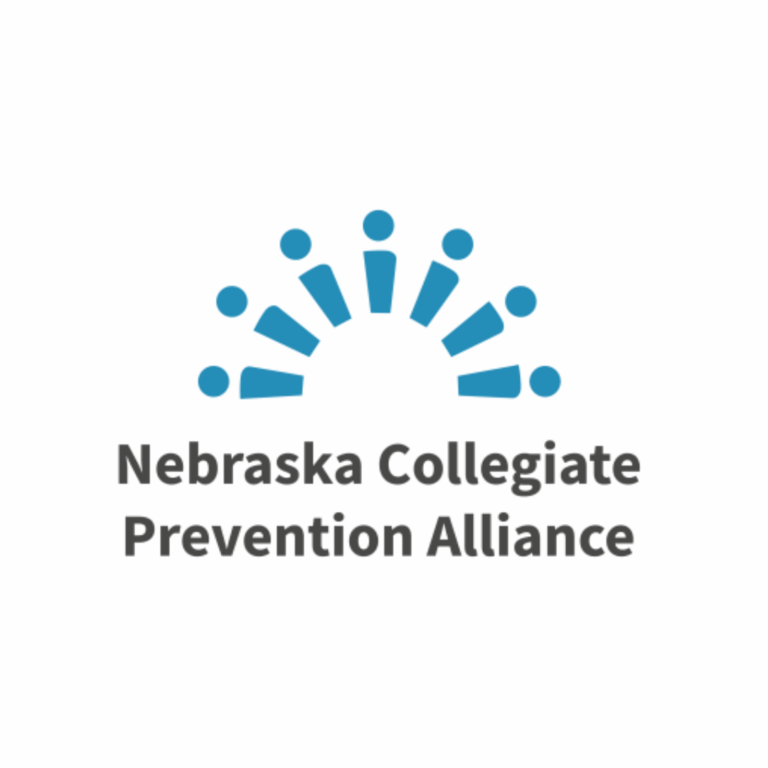
United Way of Seneca County, Inc.
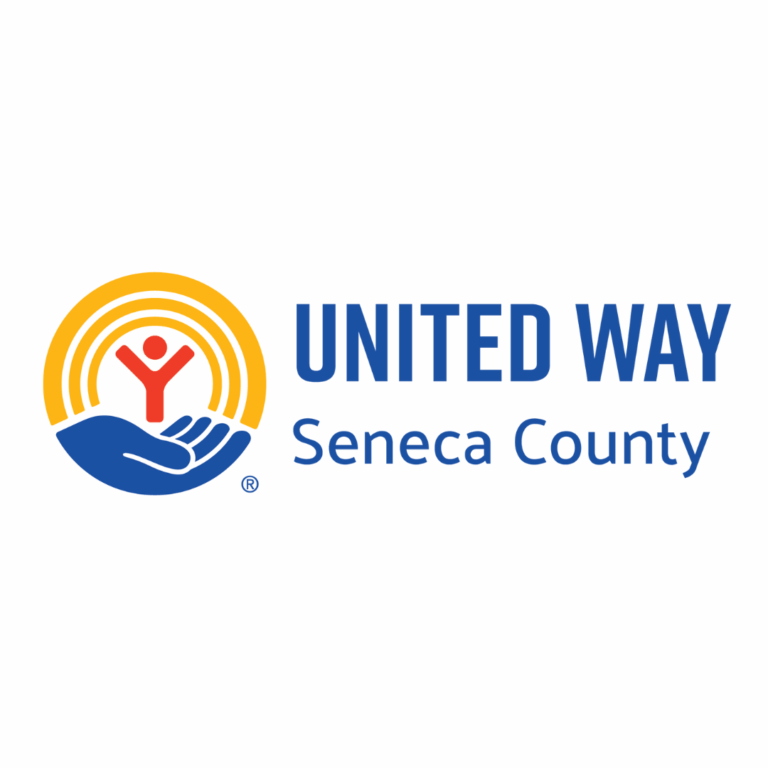
Cia Siab, Inc.
